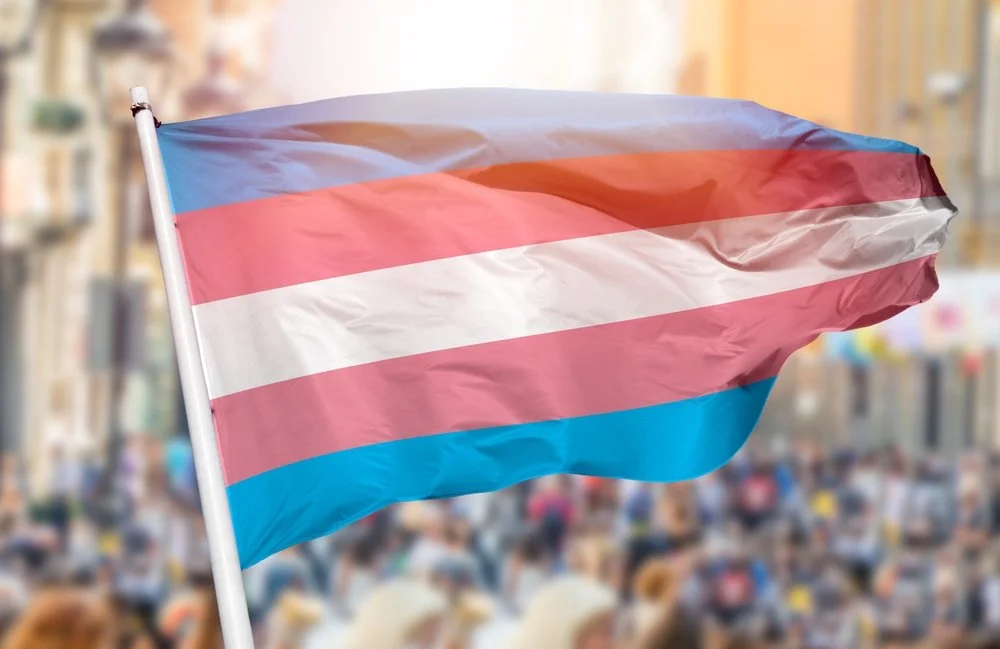SCOTUS Rules that Title VII Protects LGBTQ Employees from Discrimination
David Maxson Harris, Summer Law Clerk
On Monday, June 15, 2020, the Supreme Court issued a watershed decision in Bostock v. Clayton County, 590 U.S. __, No. 17-1618 (2020), holding that Title VII of the 1964 Civil Rights Act prohibits discrimination and harassment in the workplace based on sexual orientation and transgender status. Just three days earlier, the Trump Administration had declared—amid the global COVID-19 public health crisis—that the Affordable Care Act does not protect LGBTQ people from discrimination in accessing healthcare. This disgraceful move marred the early days of Pride Month, but was overshadowed and potentially derailed by the Supreme Court’s landmark declaration of LGBTQ equality.
The Bostock decision consolidates three separate cases brought to the Supreme Court: Altitude Express, Inc. v. Zarda, Bostock v. Clayton County, and R.G. & G.R. Harris Funeral Homes, Inc. v. EEOC. Donald Zarda and Gerald Bostock were both fired after each disclosed their sexual orientation at work. Aimee Stephens, the employee in Harris Funeral Homes, was fired after she explained to her supervisor that she was transgender and intended to comply with the female dress code at work. To read more about Mr. Bostock, Mr. Zarda, and Ms. Stephens; their cases; and the amicus brief we filed with the National Employment Lawyers Association and other allies, visit our earlier blog post here and here.
Donald Zarda (left), Aimee Stephens (center), and Gerald Bostock (right). Although Mr. Zarda and Ms. Stephens both passed away before seeing the final results of their lawsuits, their memories will live on in this monumental decision.
Given the conservative majority on the Court, those of us advocating for the employees did not have high hopes. So imagine our surprise when the majority opinion, authored by Justice Neil Gorsuch and joined by five other justices, concluded: “An employer who fires an individual merely for being gay or transgender defies the law.” The Court simply read the statute and held that the “straightforward application” of the word “sex” in Title VII necessarily includes sexual orientation and gender identity. These traits, according to the Court, are “inextricably bound up with sex” and discrimination on those bases requires an employer to “intentionally treat individual employees differently because of their sex.” For example, if an employer fires a man for his attraction to men, but would not have fired a woman for her attraction to men, that employer has discriminated against him because of his sex. “That has always been prohibited by Title VII’s plain terms.”
In their separate dissents, Justice Alito—joined by Justice Thomas—and Justice Kavanaugh deride the majority, claiming that they are legislating, rather than adjudicating, and disregarding the ordinary meaning of sex discrimination as it was understood in 1964. The majority rejected those arguments, responding that “[i]n Title VII, Congress adopted broad language making it illegal for an employer to rely on an employee’s sex when deciding to fire that employee.” The majority noted, “When Congress chooses not to include any exceptions to a broad rule, courts apply the broad rule.” Decades of decisions interpreting Title VII demonstrate its breadth, prohibiting discrimination against mothers, larger mandatory pension contributions from female employees, and harassment by a member of an employee’s same sex. In all these cases, the Court has said, the lesson is the same: intentionally treating an employee differently based on their sex, even in part, is unlawful sex discrimination. And today, discriminating against an LGBTQ employee is no different.
The effects of this decision for the LGBTQ community are sweeping. To date, twenty-five states and three territories still do not prohibit employment discrimination on the basis of sexual orientation and/or gender identity. Meanwhile, 25% of LGBTQ workers report experiencing discrimination at work and 80% of transgender workers report experiencing discrimination or taking steps to avoid it. Because of Bostock v. Clayton County, LGBTQ workers in every state and territory are now protected from employment discrimination and harassment under federal law—meaning they can seek relief through the Equal Employment Opportunity Commission and federal courts. Other communities also stand to benefit from the decision’s unequivocal language declaring the breadth of Title VII’s protections.
Reason to celebrate: The effects of this decision for the LGBTQ community are sweeping!
The Bostock decision will also create similar protections under related civil rights statutes that prohibit sex discrimination in housing (the Fair Housing Act), in education (Title IX), and in healthcare (Section 1557 of the Affordable Care Act)—thereby weakening the Trump Administration’s attempts to circumscribe the definition of “sex” under those statutes. In particular, it raises questions about the viability of the Administration’s recent steps to exclude LGBTQ people from healthcare anti-discrimination protections.
Justice Alito’s dissent raised many of these “far-reaching consequences” as causes for concern. We see them as opportunities for progress. Bostock joins Romer v. Evans, Lawrence v. Texas, Windsor v. United States, and Obergefell v. Hodges in advancing legal equality for LGBTQ people. And our work is far from finished. Federal law still does not explicitly prohibit sex discrimination (including discrimination based on sexual orientation and gender identity) in places of public accommodation, such as stores, restaurants, hotels, even adoption agencies and transportation services. It’s time for Congress to pass the federal Equality Act and enact comprehensive nondiscrimination protections for LGBTQ people in all areas of life. Even after Bostock, LGBTQ people of color, especially Black and Latina transgender women, continue to face the threat of violence and disproportionate discrimination in many areas of their lives. Until our legal system and society address systemic racism and violence in all forms, true equality will remain incomplete.
The Impact Fund is heartened and invigorated by the Supreme Court’s decision. Regrettably, Don Zarda passed away while his case was pending in the district court, and Aimee Stephens passed away just last month. But their memories will live on in this monumental decision, and as we continue pushing forward in the fight for legal equality, safety, and dignity for all people.













